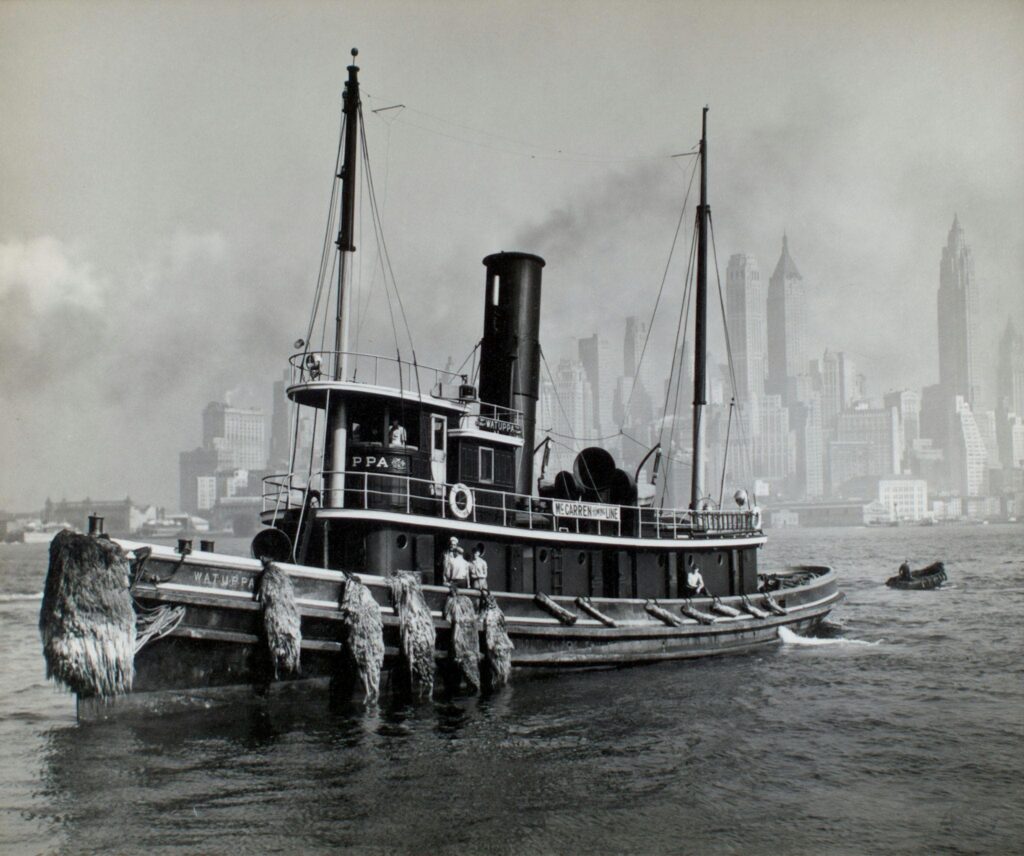The Mississippi River was always America’s biggest stage, and the boats that rode its waters were theatres, card rooms, dance floors, and music halls all floating together as one wild show.
But here’s the thing: from the 1810s to the early 1900s, these boats didn’t just haul cotton and people; they carried jazz, cards, and crowds laughing at entertainment they couldn’t find anywhere on land.
Theatre of Dreams and Danger
Mississippi riverboats nailed emotional hooks before anyone knew the psychology behind them. These floating palaces built excitement from the first whistle across the water. What would happen is that towns, especially in Iowa, would empty when people ran to the river, pulled by entertainment that broke up farm life.
The boats themselves were built to amaze. The shows onboard, moreover, ran on careful rhythms of tension and release. Showboat acts would build from music through comedy to dramatic endings, each part planned to keep crowds in that sweet spot between happy and hungry for more. And the truth is, the calliope’s steam music carried for miles, building excitement hours before docking.
The casino gambling rooms got this emotional game maybe better than anyone. Today, the successful of gambling on the Mississippi riverboats has gone to inspire slots such as Boat Trip Mississippi that are themed around that history. Many top no deposit casino online platforms have one or two games themed around Mississippi riverboats.
These games make people feel the same excitement as the old riverboat crowds. The pictures shine like lanterns on the water, and the music sounds like boat engines and people having fun. Today’s players still look for that same joy and sense of adventure.
Floating Melting Pots of American Culture

The riverboats were some of the first mixed entertainment spaces in America, not by law or planning, but because that’s how river life worked. While passengers got separated by deck and class, music travelled free. On one hand, Black dock workers brought work songs and spirituals. European immigrants added folk tunes. On the other hand, Creole musicians from New Orleans threw in Caribbean beats. And what happened next was all these sounds mixing in the air over water, making something totally new.
Musicians like Louis Armstrong started on riverboats, where crowds wanted four hours of music every night, forcing bands to learn more songs and make stuff up. The boats became floating schools where American music got its influence.
The Golden Age of Showboats
From 1870 to 1920 was the peak of riverboat entertainment. Purpose-built showboats like the Floating Palace and Cotton Blossom were theatres that happened to float. What made them special was that they weren’t just boats with stages; they were complete entertainment centres with full orchestras, acting companies, and technical stuff that matched land theatres.
Captain Augustus Byron French’s New Sensation changed riverboat entertainment by bringing full theatre productions to towns that never saw professional shows. For example, the boat carried its own electrical generator, allowing lighting effects that seemed like magic to people used to oil lamps. Fancy sets, costume changes, and special effects turned decks into different worlds every night.
These showboats created the blueprint for touring entertainment that would later shape vaudeville circuits and travelling Broadway shows. What they proved was that quality entertainment could make money outside big cities, opening what show business would call the road.
Legacy of Riverboats
The riverboat entertainment era ended when roads got better and movies arrived, but its influence flows through American culture like the Mississippi itself. Let’s just put it this way: the music born on these boats became jazz and blues, America’s biggest cultural gifts. The theatre traditions grew into regional theatre movements. The gambling culture shaped modern gaming from Vegas to online platforms.
Today’s dinner cruises and riverboat casinos are weak copies of what came before, but they keep alive the idea that entertainment on water is magical. And that’s the whole point: the romance stays because riverboats meant freedom, possibility, and promise that around the next bend waited something amazing.